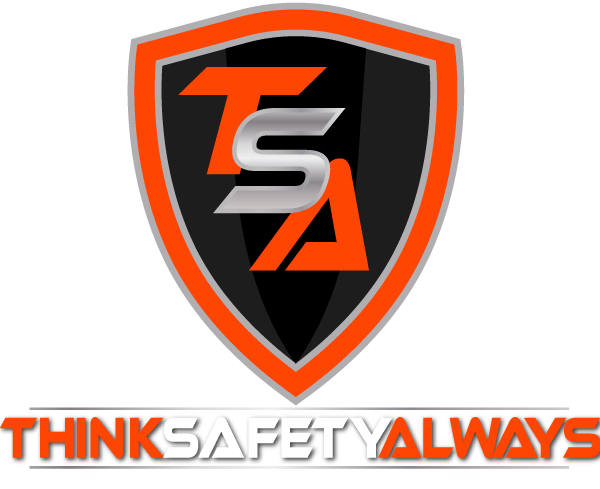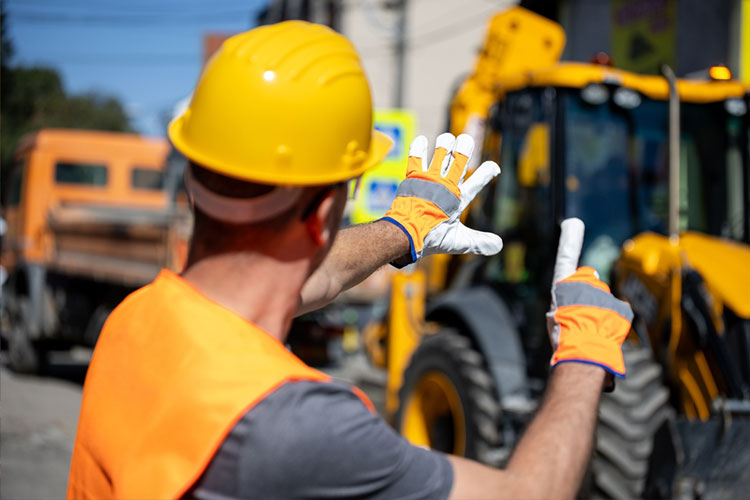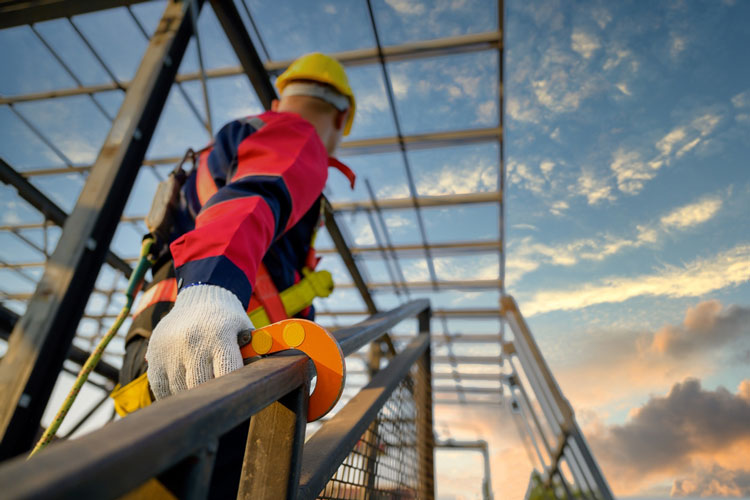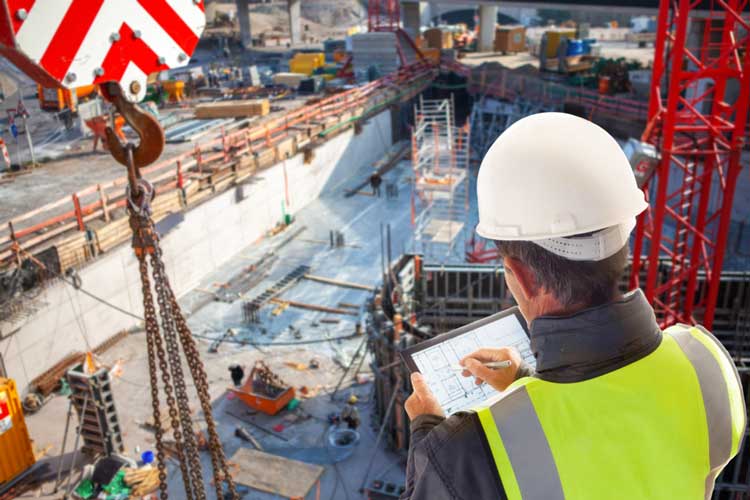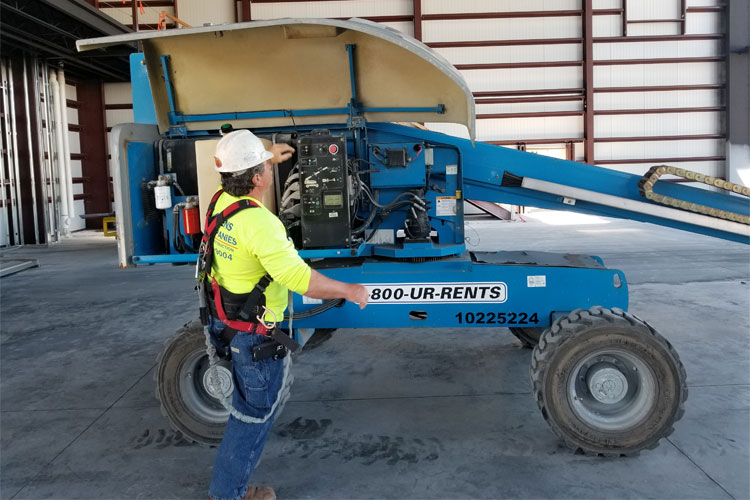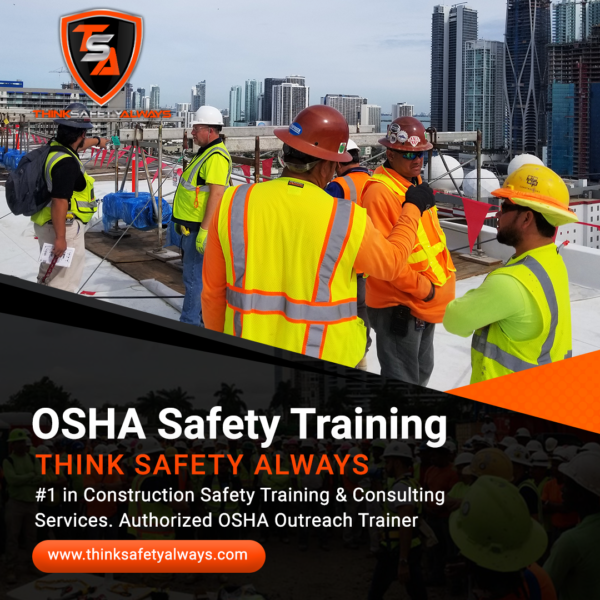Creating a strong safety culture isn’t just about compliance—it’s about commitment. A true safety culture is one where every worker, supervisor, and manager actively participates in protecting one another. At Think Safety Always, we believe that safety should never be a reaction; it should be the foundation of every task.
1. Leadership Commitment
Safety starts at the top. Leaders must set expectations, demonstrate safe behavior, and allocate resources to support training and compliance.
2. Clear Communication
Establish open lines of communication between employees and management. Safety concerns should be reported and resolved quickly.
3. Employee Involvement
Empower employees to take ownership of safety by participating in committees, toolbox talks, and training sessions.
4. Consistent Training
Frequent and practical OSHA-based training ensures workers understand hazards and how to prevent them.
5. Recognition Programs
Reward safe behavior and promote positive reinforcement. Recognition increases morale and participation.
6. Continuous Improvement
Review incidents, near misses, and inspection reports regularly. Adapt policies as workplaces and technology evolve.
7. Accountability
Everyone must be responsible for safety. Define clear roles and consequences for unsafe acts.
8. Onsite Safety Inspections
Regular inspections identify hazards early and help maintain compliance with OSHA standards.
9. Emergency Preparedness
Develop and practice clear emergency procedures so that every worker knows how to respond quickly and safely.
10. Partner with Experts
Collaborating with professional safety consultants like Think Safety Always ensures your company maintains up-to-date standards and remains inspection-ready.
Building a Safer Future
When businesses invest in safety culture, they reduce accidents, improve productivity, and create loyal, confident employees. Safety becomes part of the company identity—not just a policy. Check our safety certificates today!
——-
Frequently Asked Questions – Safety Culture Development in Construction
1. What is a safety culture in construction?
A safety culture is the shared values, beliefs, and behaviors that prioritize worker safety above production or speed.
2. How do I measure my company’s safety culture?
Track incident rates, near-miss reporting, training completion, and employee feedback to gauge progress.
3. Why is leadership important in building safety culture?
Leaders model safe behavior and influence accountability across every level of the organization.
4. How often should safety training be conducted?
At least annually, or more frequently when job roles, equipment, or OSHA regulations change.
